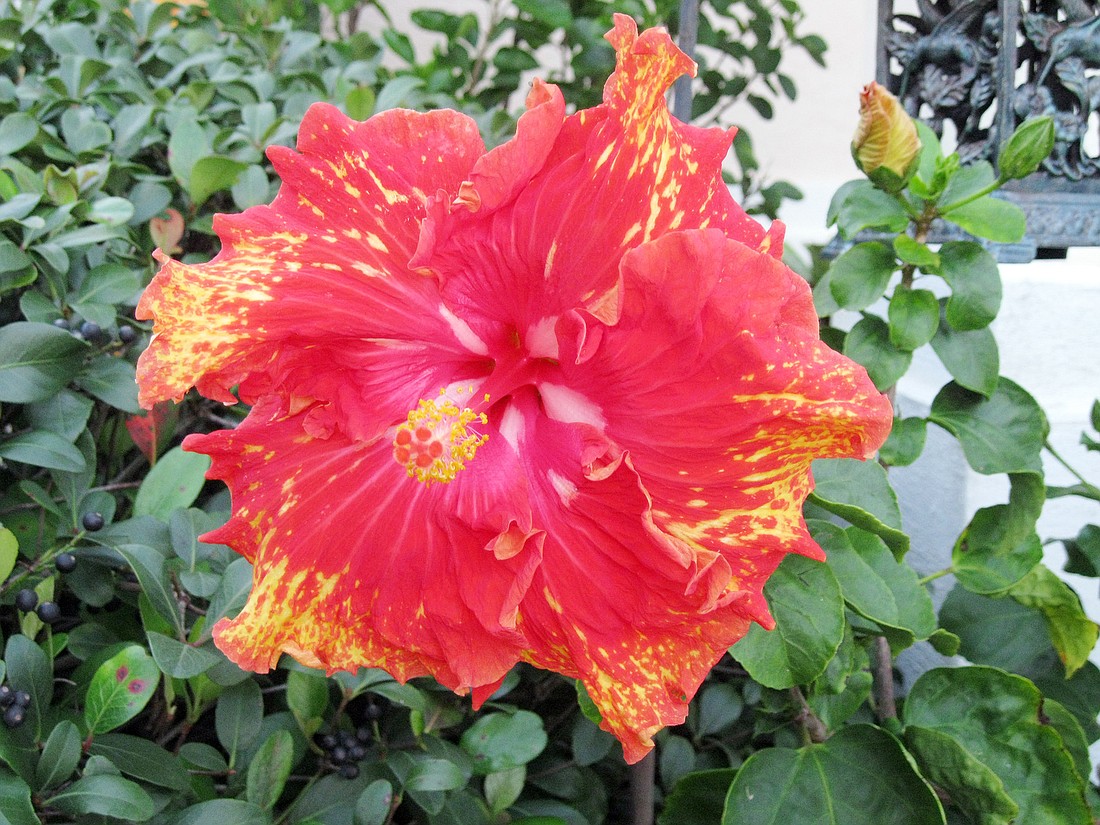- December 26, 2024
-
-
Loading

Loading

With the warm weather we are having, gardeners are hoping spring is around the corner. Don’t get too anxious, though; there is still potential for a late frost or freeze until the middle of the month.
March is the time to clean up old and dead materials from last year, to mulch and plant your garden. Prune plants as needed, limiting what is pruned to 1/3 of the total plant.
It’s also one of our driest months, so be sure and check your irrigation system. If there is no rain, water about every seven to 10 days, putting down 3/4 of an inch of water every time.
If you maintain your lawn, mid-March is the time to apply fertilizer (16-4-8, 15-0-15, 10-4-10 or 8-2-12) with approximately 50% of the nitrogen in slow release form. March is the last month that you can safely apply most herbicides for weeds. When daily temperatures rise above 85 degrees, most of the post-emergent herbicides can cause the grass to yellow and eventually die.
Fertilize palm trees with a slow release palm or citrus fertilizer with 4% magnesium. If your fertilizer has a lower percentage of magnesium, you can use Epsom salts. Fertilize hibiscus, azaleas, roses and poinsettias with a fertilizer containing the minor elements in the ratio of 3:1:2.
March is also a good time to fertilize citrus trees. You can use either a citrus or palm fertilizer. Then spread out the rest of the fertilizer applications (usually about three more applications) following bloom in April or May until October. Citrus trees are generally heavy feeders, so be sure to follow instructions on the bag. Spread the fertilizer uniformly around the drip line of the tree and do not place it close to the tree trunk. Water the fertilizer into the soil.
Annuals and perennials are arriving at the nurseries. Bedding plants that can be planted are alyssum, begonia and coreopsis, to name a few.
If you enjoy a vegetable garden, now is the time to amend the soil with compost or organic matter. Warm season vegetables and fruits that can be planted include beans, cantaloupe, cucumbers, tomatoes, and watermelon.
Jane Villa-Lobos earned her bachelor’s of science in botany at Miami University, in Ohio. She is the publicity chairwoman for The Garden Club at Palm Coast.